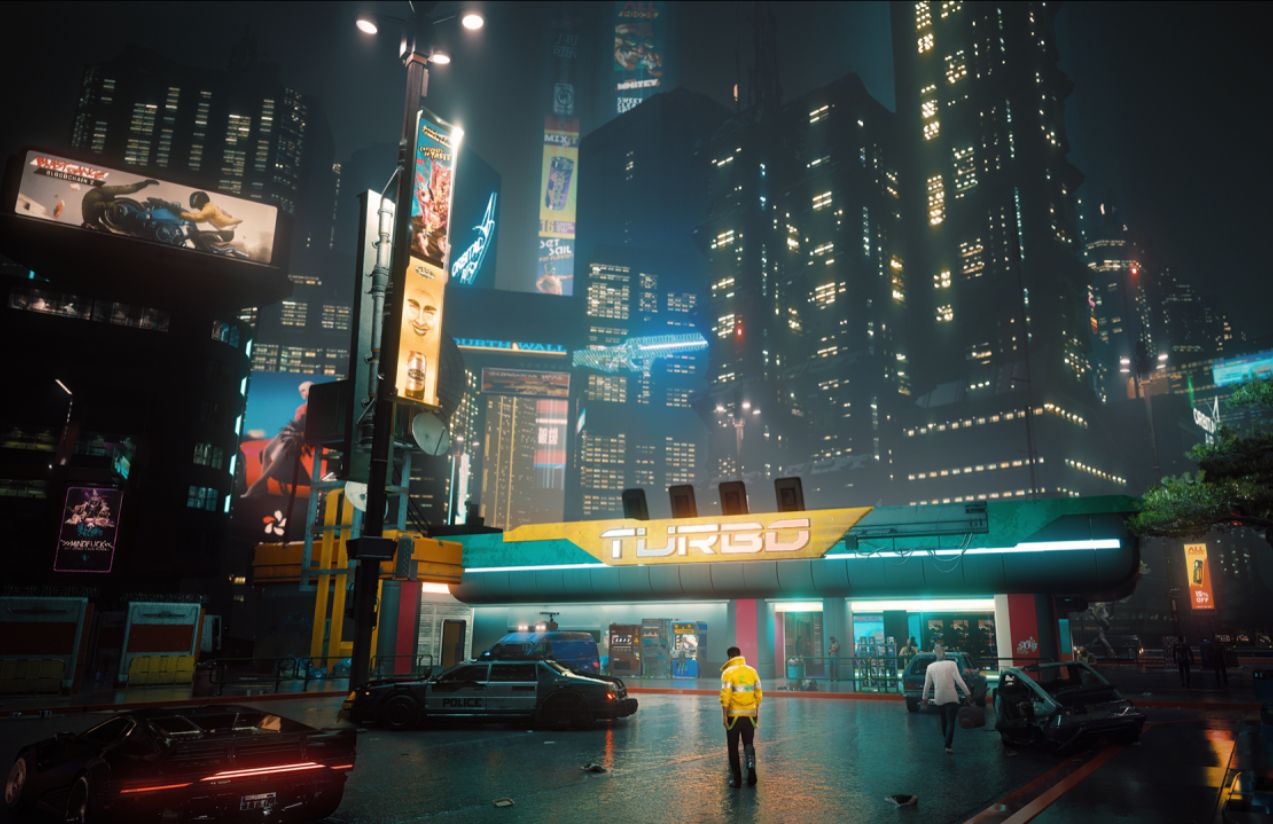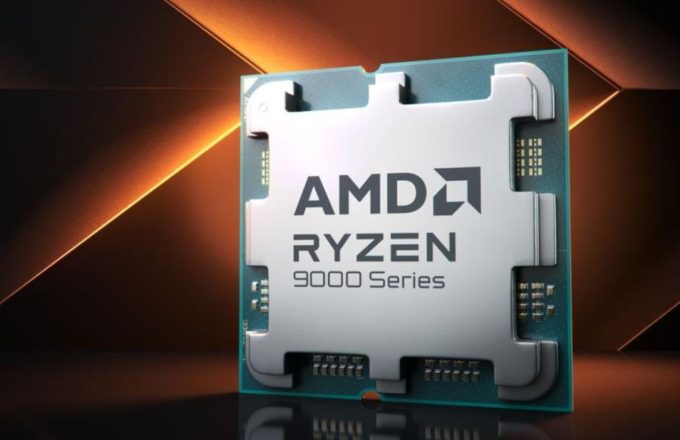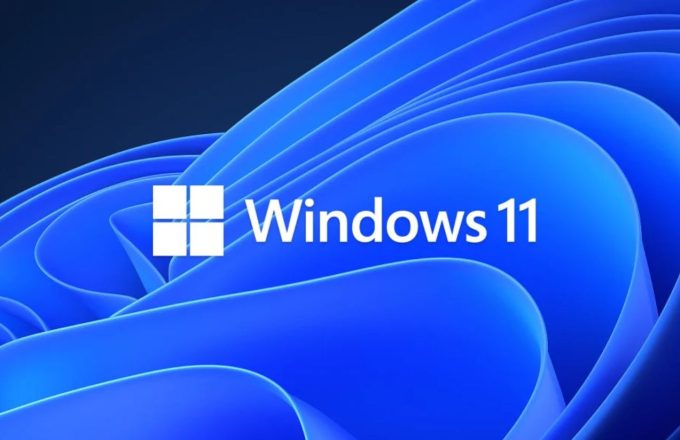The video game industry is currently one of the most profitable in the world. However, financial success doesn’t always translate into quality products for consumers. High prices, questionable business practices, and a growing trend of releasing unfinished games have become the norm. But among all these issues, one stands out for its direct impact on the gaming experience: poor optimization.
For years, the gaming sector has outpaced other cultural industries in terms of revenue, but that growth hasn’t necessarily led to better products. On the contrary, quality has declined, and technical issues have become more frequent. One of the most critical problems is the lack of optimization, which makes many titles nearly unplayable—even on high-end systems.
When people talk about a game being poorly optimized, they often don’t grasp the full extent of the issue. A well-optimized game should be built on a solid technical foundation to run efficiently. However, with the advancement of game engines and the race for better visual fidelity, that goal has taken a backseat. These days, it seems more important to impress with graphics than to ensure a stable, enjoyable experience. Investors play a key role in this shift: if a game doesn’t look spectacular, it simply doesn’t sell.
This change in priorities has led to increasingly troubled releases. Major studios invest millions of euros in triple-A titles priced at €70–80—excluding cosmetic items, microtransactions, and future DLCs—only to issue apologies for performance issues on launch day.
In the past, performance problems were often tied to poor console-to-PC ports. Today, however, the PC has become a priority platform. So why do we still see the same issues?
The answer lies in how games are developed today. Titles are no longer released when they’re finished—they’re released when investors and producers say so. On top of that, modern development is often fragmented, with dozens of studios working simultaneously on separate elements, producing inconsistent code without a clear focus on optimization.
Optimization simply means making software use a system’s resources efficiently: avoiding bottlenecks, reducing unnecessary graphical loads, skipping redundant rendering (like unseen 4K 3D models), and eliminating needless calculations. But this process takes time and money—resources many studios lack due to unrealistic deadlines.
Compounding the issue is the growing reliance on technologies like DLSS, FSR, or XeSS, originally intended to help lower-end systems run modern games. The fact that even high-performance rigs now depend on these tools is a red flag. Additionally, the “games as a service” model, which relies on post-launch patches, reinforces this problematic cycle. Final game builds are often delivered 4–6 weeks before launch, and the day-one patch is essentially the last month and a half of development squeezed in post-delivery.
All this shows that the problem isn’t a lack of resources or talent—after all, modders often optimize games for free. The real issue is time. Developers are trapped in unrealistic production schedules that make it impossible to release a truly finished product.
In short, the video game industry is facing a crisis of priorities. And as long as visual impact and release dates take precedence over player experience, poor optimization will remain one of its most serious threats.




















